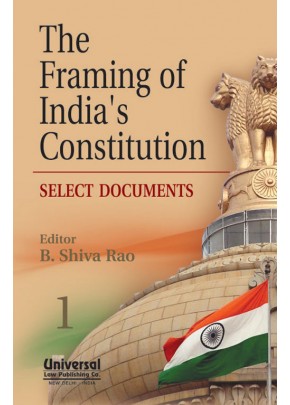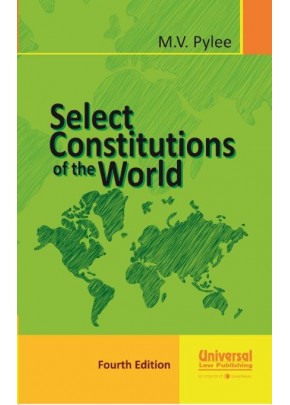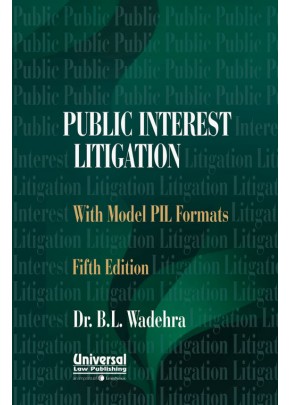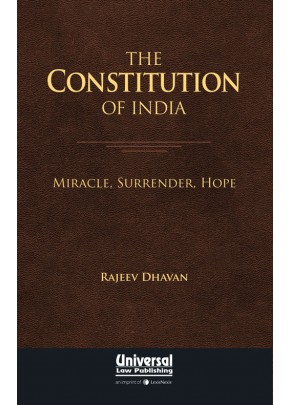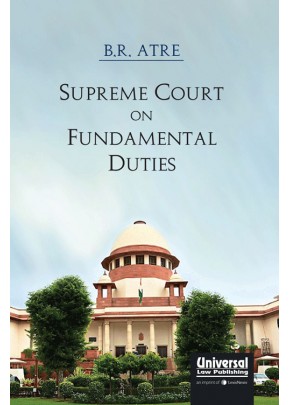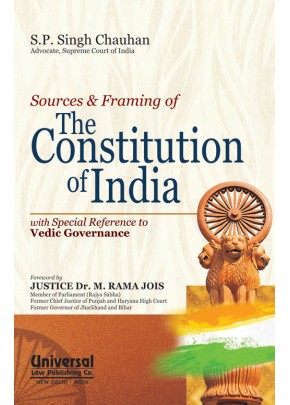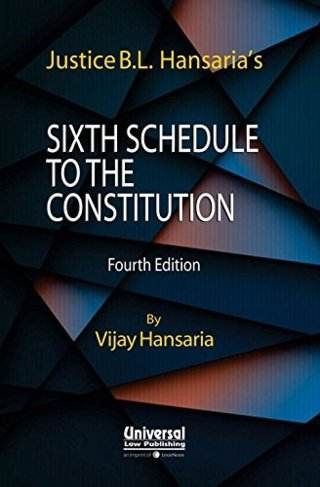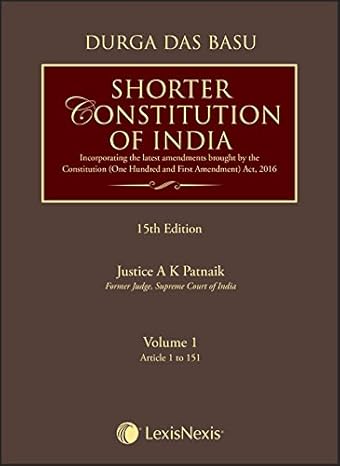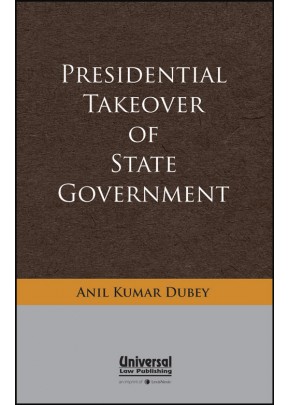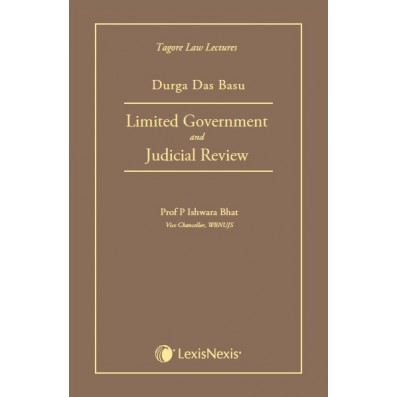Buy Constitutional Law
Featured Products
The Framing of India?s Constitution-Select Documents
₹6,750.00
M.R.P.:₹ 7,500.00
You Save: ₹750.00 (10.00% OFF)
Public Interest Litigation - A Handbook with Model PIL Formats
₹621.00
M.R.P.:₹ 675.00
You Save: ₹54.00 (8.00% OFF)
The Constitution of India- Miracle, Surrender, Hope
₹315.00
M.R.P.:₹ 350.00
You Save: ₹35.00 (10.00% OFF)
Sources and Framing of The Constitution of India with Special Reference to Vedic Governance
₹517.00
M.R.P.:₹ 550.00
You Save: ₹33.00 (6.00% OFF)
Limited Government and Judicial Review (Tagore Law Lectures)
₹1,465.10
M.R.P.:₹ 1,495.00
You Save: ₹29.90 (2.00% OFF)


